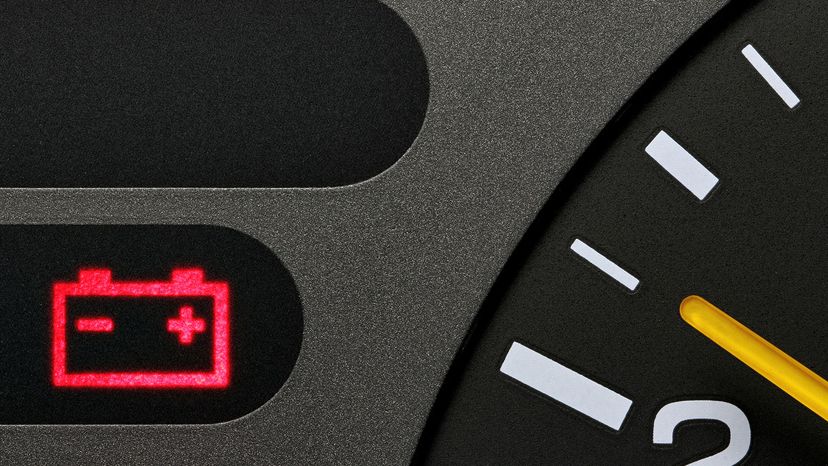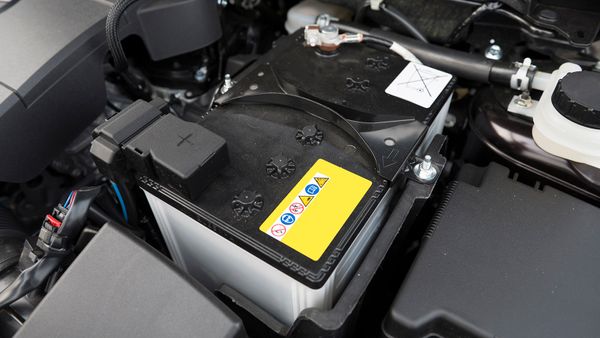Your car's battery is the powerhouse that starts your engine and powers all electrical components when the engine is off. If the battery light comes on, it might suggest a battery charging problem or that the battery itself is on the brink of failure. Let's take a look at the possible reasons why your car's battery warning light is on.
1. Alternator or Voltage Regulator Issues
The alternator recharges the battery while your car is running, and the voltage regulator ensures the battery receives the correct voltage. If either of these components is failing, your car's electric charging system can't maintain the battery's charge, illuminating the battery light.
2. Corroded Battery Cable and Terminals
Corrosion is another common culprit. Corrosion on the battery cables or terminals can impede the flow of electricity, causing charging issues. So, how do you know if there's corrosion? A white or greenish substance around the terminals is a telltale sign of corrosion.
3. Faulty Wiring
Battery faulty wiring or loose connections can also disrupt the electrical flow to and from the battery, triggering the warning light. Luckily, regular inspections can help catch these issues early.
4. Power Steering Pump Involvement
The power steering system is linked to the vehicle's electrical system. If your battery warning light comes on and steering suddenly becomes difficult, then this could indicate a problem with the serpentine belt drive system. If the belt breaks or comes off, the alternator won't be able to provide enough power, thus causing the battery warning light to come on.
6. Accessory Overload
Another possible cause is accessory overload. Running too many electrical accessories (such as heated seats, the air conditioner, the car's radio/audio system, or lights) simultaneously can overburden your car's electrical system, prompting the battery light to flash on as a warning.


